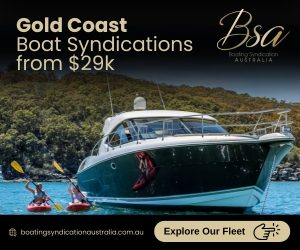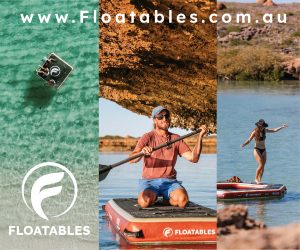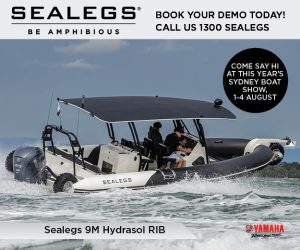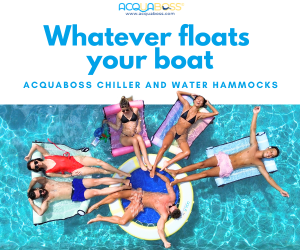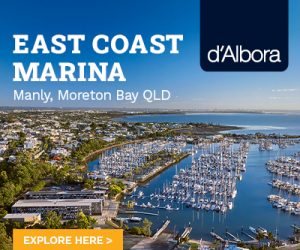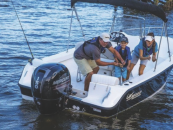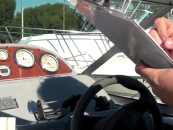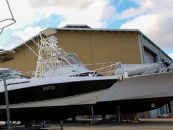The Maritime Safety Queensland (MSQ), in August 2017, has issued a notice of exemption from the Emergency Position Indicating Rescue Beacon (EPIRB) requirement for lightweight craft.
According to the Notification of Exemption dated 31 August 2017, issued by MSQ General Manager Patrick Quirk, an operator of lightweight craft is exempt from the EPIRB requirement, but must wear a Personal Locator Beacon (PLB) on his or her person at all times. A lightweight craft is defined as, “off the beach type craft, human powered canoe and kayak, small sailing vessels (less than 6 metres in length), and personal watercraft (PWC)”.
For a PLB to be legally acceptable, it needs to abide by all of the following:
- It must comply with the standard AS/NZs 4280.2.
- The owner or master of the ship must have it registered with the Australian Marine Safety Authority (AMSA).
- It must have up-to-date registration.
- It must be GPS-enabled.
- It must float, or must be fitted with a pouch or similar item that ensures it will float.
The registration of the PLB with AMSA shall include important details of the owner or master of the vessel, identifying code of the PLB, and other details reasonably required by AMSA. Such registration will only be considered up to date if the details provided remain the same or are current. If there has been any change, details of such change should be given to AMSA within 14 days after the change. (See Sections 3 and 4 of the Notice.)
A PLB is not required when the lightweight craft is in smooth waters, partially smooth waters, or other waters within two nautical miles from land.
Prior to this exemption, the Transport Operations (Marine Safety) Regulation 2016 requires all ships to be equipped with an EPIRB. In a statement by then Acting Main Roads, Road Safety and Ports Minister Steven Miles, industry consultation showed that the use of the PLB, instead of an EPIRB, does not reduce the level of safety or increase potential rescue time. “Industry advocates told us, there were problems with carrying an EPIRB on a PWC – such as finding somewhere to store this important piece of safety equipment on a small craft,” stated Mr Miles. “Added to this was the concern that a rider who fell off a PWC could quickly become separated from the vessel carrying the EPIRB. Clearly, this had the potential to seriously compromise any search and rescue operations not only in relation to PWC riders but other lightweight craft users.”
MSQ had consulted closely with groups including the Queensland Recreational Boating Council and the Australian Jet Ski Association, the Queensland Police Service, the AMSA, and volunteer marine rescue groups.
By Roselle Tenefrancia
CLICK ON THIS LINK FOR MORE INFORMATION ON SAFETY EQUIPMENT


